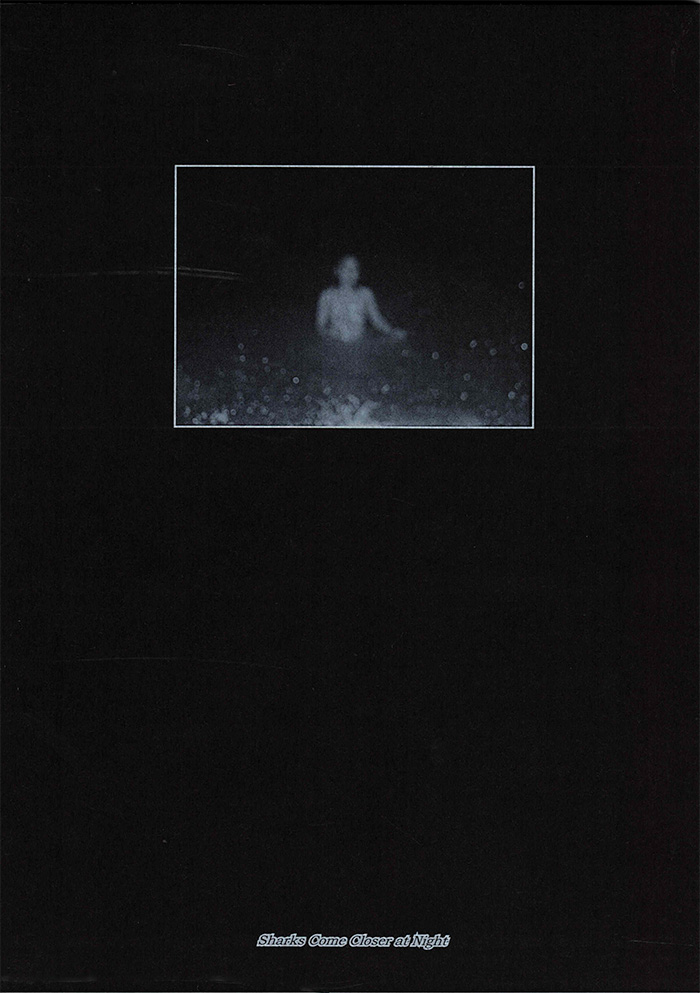
Treatment
Operating on the peripheries of a pathological discourse, Treatment penetrates the interstices of modern queer consciousness to medicate a multiheaded body of work. With no cure in sight, the text moves from violence, cowboys, iconography, illness and image to the death of Yves Klein and a fear of dentistry. Bridget’s reflections pose a dissection of novelistic cliché that attends to the repressed remnants of a queer romance. Played out in an interpersonal run of vignettes or “treatments,” rather than any death of the novel Treatmentpropositions a mischievous and travestying performance anchored in putrefaction. A serious play with the decay of forms, Treatment is a rendered reading of our ability to talk through the process of degradation and an ironized analysis of the desire to write it down.
In Bridget’s “mouth-theatre” sit Allan and Allen—two precarious, spectral characters set against an eerie backdrop of clinical isolation. Framed by a nameless narrator, these mirrored figures undergo forty text-treatments across four artificially generated days that survey their feelings of angst, adulation and disorientation against the slow tick of a clock. A mash-up of love story, pornography, art criticism, literary appropriation, and essayistic meditation, Treatment pushes an anatomical body to its limits in a parodic portrayal of a mouth on the hunt for a tongue and its teeth.
Language: English







